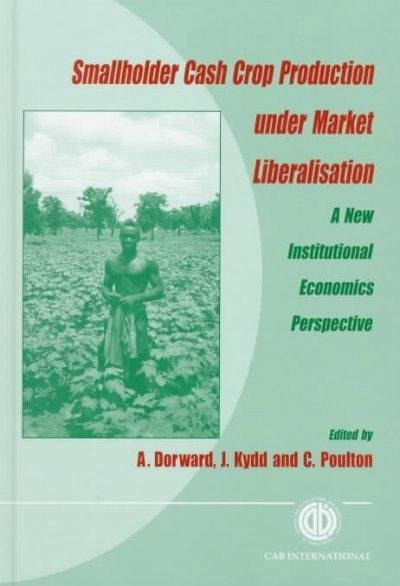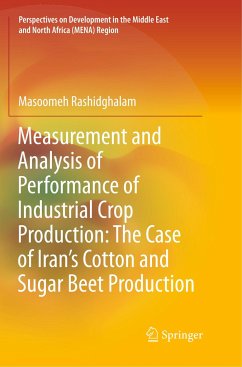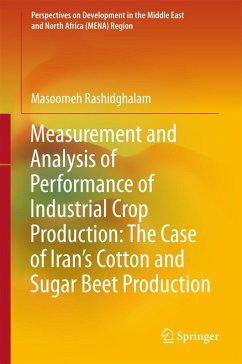
Smallholder Cash Crop Production Under Market Liberation
A New Institutional Economics Perspective
Herausgeber: Dorward, Andrew; Poulton, Colin; Kydd, Jonathan
Versandkostenfrei!
Versandfertig in über 4 Wochen
158,99 €
inkl. MwSt.

PAYBACK Punkte
79 °P sammeln!
'Pro poor' economic growth is widely recognised as an important means for reducing poverty in developing countries. With the majority of the world's poor living in rural areas, agricultural intensification, with higher land and labour productivity from increased integration in input and output markets, is one way to expand income and livelihood opportunities for rural people. This book uses a new institutional economics perspective to review the effects of market liberalisation on service provision to smallholder farmers. In many parts of the world, particularly in Sub-saharan Africa, the priv...
'Pro poor' economic growth is widely recognised as an important means for reducing poverty in developing countries. With the majority of the world's poor living in rural areas, agricultural intensification, with higher land and labour productivity from increased integration in input and output markets, is one way to expand income and livelihood opportunities for rural people. This book uses a new institutional economics perspective to review the effects of market liberalisation on service provision to smallholder farmers. In many parts of the world, particularly in Sub-saharan Africa, the private sector has failed to fill the gaps left by the collapse of state supported input and credit supply systems. Using case studies from Ghana, Tanzania and Pakistan, the book investigates the difficulties facing the private sector in supplying inputs and credit and the conditions required for sustainable private sector investment to the benefit of rural people. The analysis has important lessons for donor and government policy makers and for companies wishing to make commercial investments. It is invaluable for researchers, academics and development agencies concerned with rural and agricultural economics and development.












